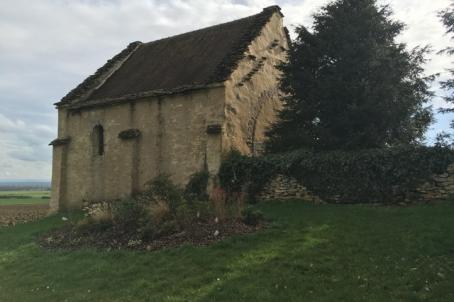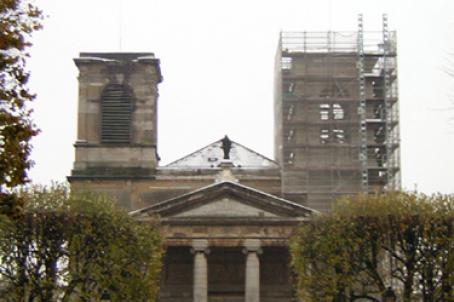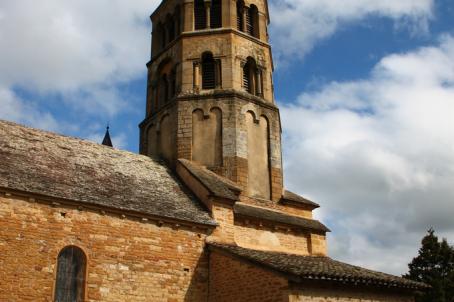Cluny Abbey
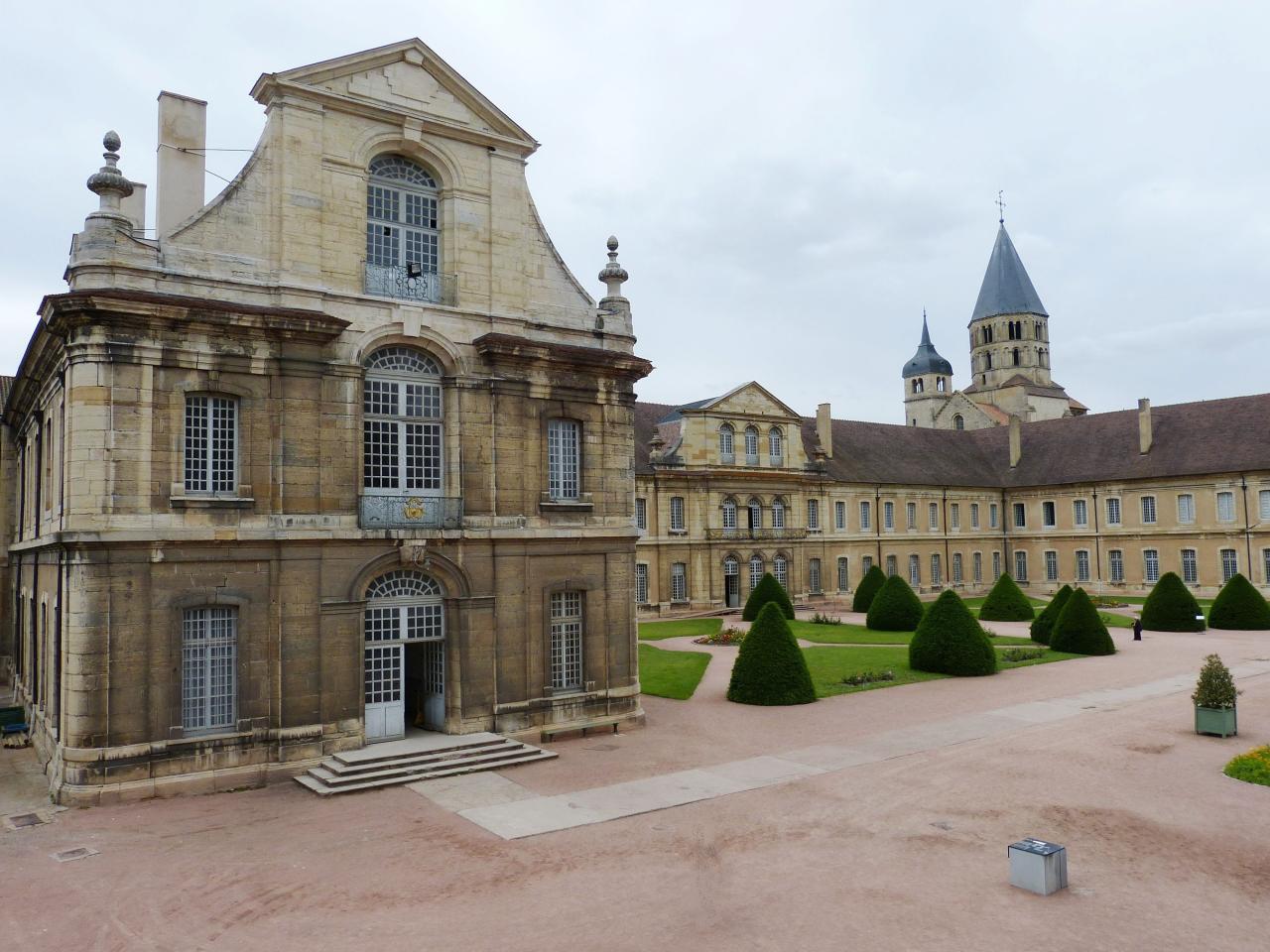
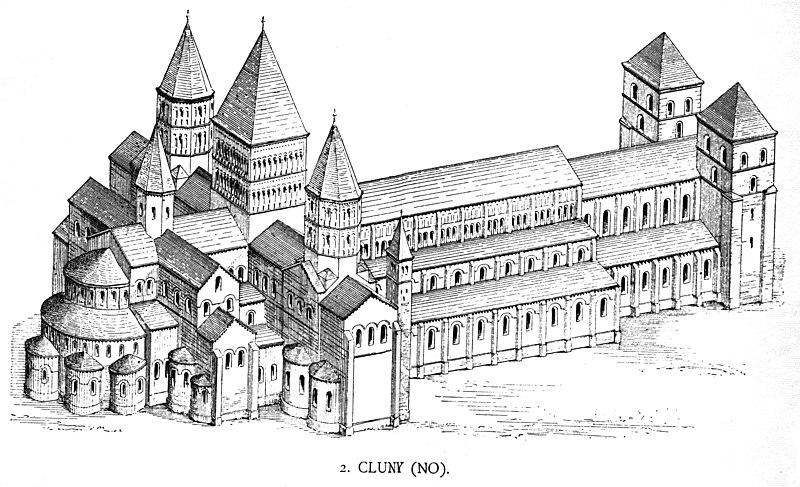


The Abbey of Cluny, founded in the 10th century, quickly became the most important Benedictine monastery in Western Europe, triggering a revival of monastic practises on the continent. Until the 12th century, the Abbey of Cluny governed monastic life in Europe and gave birth to 1800 sites throughout western Europe. Due to its rapid growth, the buildings of the abbey were modified on numerous occasions, notably during the reconstructions from 963 to 981 and from 1080 to 1220. The last reconstruction made the abbey the largest Christian building in the world until the construction of St Peter's Basilica (1506-1626). The monastery was dissolved in 1790 and was largely destroyed during the French Revolution. The large library and archives caught fire in 1793 and the church was looted. The present remains of the monastery represent about 10% of the total area of the third abbey (1080-1220). Since 1901, the former monastery has been part of the École Nationale Supérieure d'Arts et Métiers (ENSAM).
